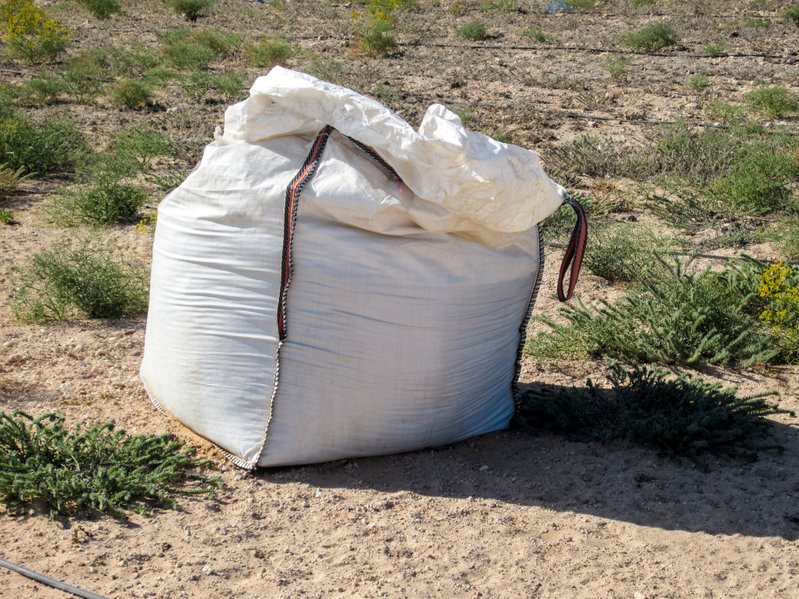
Farmers are being urged to be on the guard against fertiliser theft and to follow safe storage ahead of the busy spring season.
With poor weather hampering efforts to deliver nutrients to crops, the Agricultural Industries Confederation (AIC) is urging farmers to remain vigilant.
The risk of fertiliser theft is currently high, the body warns, and farmers should also follow safe handling and secure storage advice.
Nitrogen-based fertilisers are at risk of being used in criminal activities such as terrorism, posing a threat to the public if products were to fall into the wrong hands.
And anyone handling these products has a responsibility to store them securely and be vigilant against safety risks, AIC says.
The agricultural supply trade association runs the Fertiliser Industry Assurance Scheme (FIAS), which provides an assurance system.
This was created to ensure that the security, safety and traceability of fertilisers meet safety requirements of the government and the farming industry.
Roberta Reeve, AIC services technical manager, said it was vital for farmers to keep fertilisers safe and secure at all times.
"By following the simple guidance on the storing and handling of fertiliser, farmers will help to deter thieves and keep the public and the environment safe from harm."
What is the advice?
The following advice from AIC is supported by Defra and the NFU:
• Wherever possible, use a Fertiliser Industry Assurance Scheme (FIAS) approved supplier.
• Wherever possible, keep fertiliser in a secure place away from public view, such as a locked building or sheeted area.
• Carry out regular stock checks and report any loss to the Police immediately by calling 101.
• Avoid leaving fertiliser in a field overnight, and never leave fertiliser in a field for a longer period of time.
• It is illegal to resell ammonium nitrate fertiliser without the correct documentation - farmers are encouraged to report any suspicious sales activity to the police
• Never advertise fertiliser for resale on auction sites, local and trade magazines, or social media.
• Where crop plans change and existing stocks of nitrogen-based fertilisers held on farm are no longer needed, product can be safely resold by contacting the original supplier
